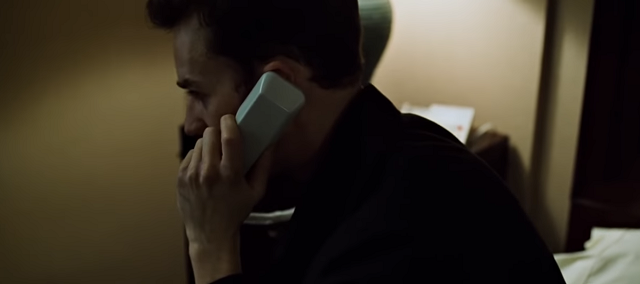And God help you if you use voice-over in your work, my friends. God help you. That’s flaccid, sloppy writing.
Voice-over has to be one of the most mocked storytelling gimmicks next to dream sequences and the phrase “As you know”. It’s derided as a lazy expository device that conveys information that could perfectly well have been conveyed visually or through narrative, which is mainly because it’s used by a lot of writers who are too lazy or incompetent to convey their information visually or through narrative. But I remain fascinated by good uses of the technique, because there really is something to it when it’s done right. My favourite cinematic example is Fight Club; I could point to all the jokes that only work because they’re conveyed through narration (“I’d like to thank the Academy.”), and I could point to the way it elegantly ties scenes together (“Sooner or later, the survival rate of everyone drops to zero.”), but really the reason it works is because it conveys the vast difference between how the Narrator thinks and how he presents himself. His narration all through the movie is delivered with cool confidence; there’s not much difference between Ed Norton’s delivery of the narration and Brad Pitt as Tyler Durden, for some reason. Conversely, much of Norton’s acting in actual scenes is awkward, stiff, and embarrassed, and it’s only towards the end when his presence matches his narration (I think particularly of him explaining to the cops why Project Mayhem is targeting credit card companies). The story of Fight Club is that of a man putting his internal thought process in order, and to do that we need both his thought process and how it’s expressed in the real world.
What are your favourite uses of narration?

